
[History, 1949]

In the 1950s, rising tension between America and the Soviet Union led to the “Red Scare”, a time of widespread fear against communism. When the Soviet Union debuted at the 1952 Olympics, its presence heightened the competitive spirit among participating nations, as Olympic medals served as symbols of national superiority. The Soviet Union dominated in previous games, and the general US sentiment was eager to compete with them in Rome. Athletes were expected to represent the best of their nation.

[History, 1949]
[Toby C. Rider, 2016]
"While I cannot take the time to name all the men in the State Department who have been named as members of the Communist Party and members of a spy ring, I have here in my hand a list of 205."
- Sen. Joseph McCarthy
"Certain countries which have not participated for many years will be represented. Others will take part for the first time. . . . The eyes of the world will be upon us."
- President Harry S. Truman
"The American hero of the games turned out to be a heroine—African-American sprinter Wilma Rudolph who captured gold medals in the 100 and 200 meters and also the 4 x 100 meter relay."
- Henry D. Fetter, The Atlantic
"The United States failed to win events which it had monopolized for decades. Defeat in the 100 meter race sent a United States trio trudging stunned and sorrowing off the field. High jumper John Thomas, who had gone over seven feet dozens of times, failed at the games and lost. There were grumblings that U.S. coaches had let some of their charges get out of hand and out of training. Some of the athletes seemed to consider the games as just a sightseeing jaunt and were too interested in having a good time to make a good showing."
- Life Magazine
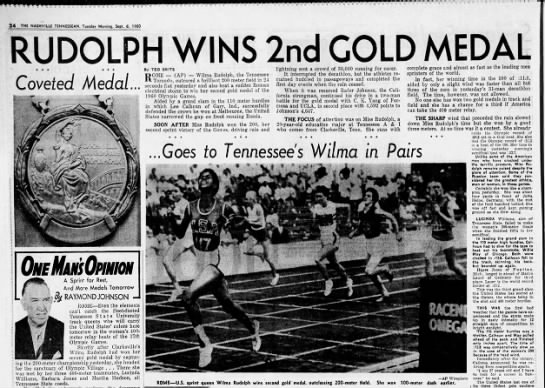
[The Tennessean, 1960]

[Daily News (New York), Dec, 1961]
During the time of Wilma’s victories, the United States was in the midst of a civil conflict in the South. Clarksville was deeply segregated, preventing black residents from receiving equal treatment and restricting their movement upwards on the socioeconomic ladder. The fight for racial equality in America was not easy. Several exceptional African-Americans stepped up to organize a movement and promoted equal rights for all people.
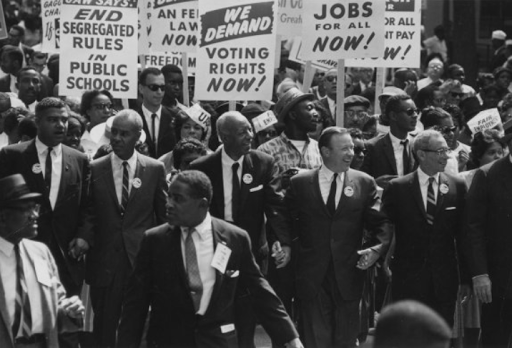
[U.S. National Archives and Records Administration, 1963]
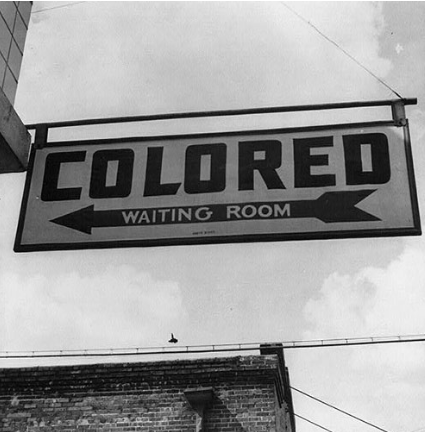
[Library of Congress, 1943]
“By the force of our demands, our determination and our numbers, we shall splinter the segregated South into a thousand pieces and put them back together in the image of God and democracy.”
- John Lewis
“A thousand ways every day, the white man is telling you "You can't live here, you can't enter here, you can't eat here, drink here, walk here, work here, you can't ride here, you can't play here, you can't study here." Haven't we seen enough to see that he has no plan to ‘unite’ with you?"
- Malcolm X

[National Archives and Records Administration, 1954]
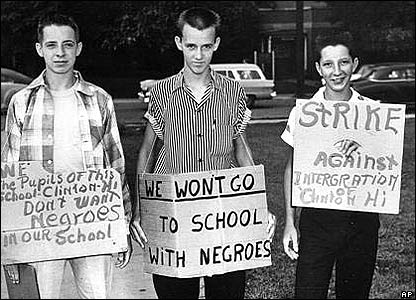
[The African American Policy Forum]
Throughout the 1950s, traditional gender roles were constantly changing as discontent was being increasingly expressed. Dissatisfied with double standards, the women's rights movement and the sexual revolution of the 1960s soon followed.
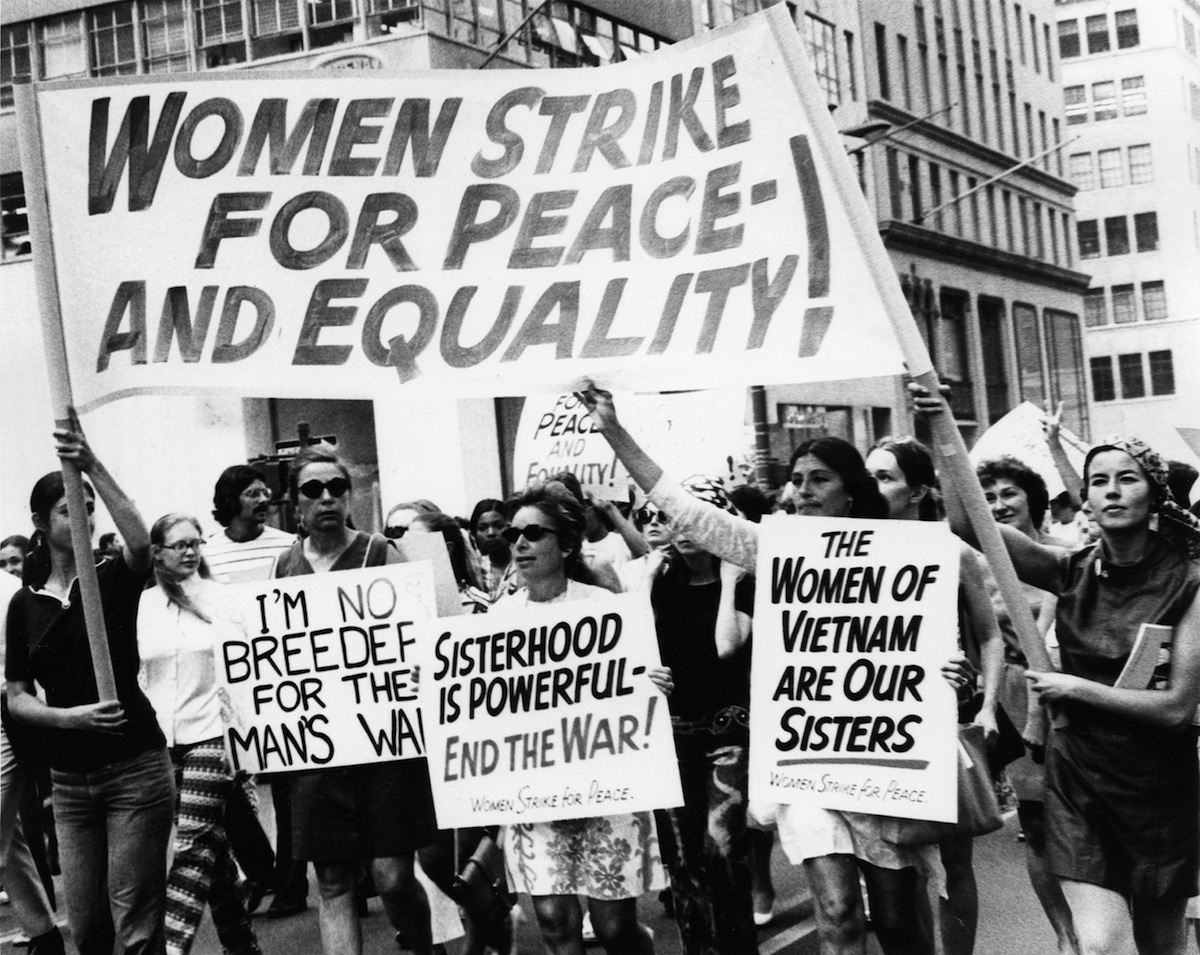
[The New York Historical Society, 1970]
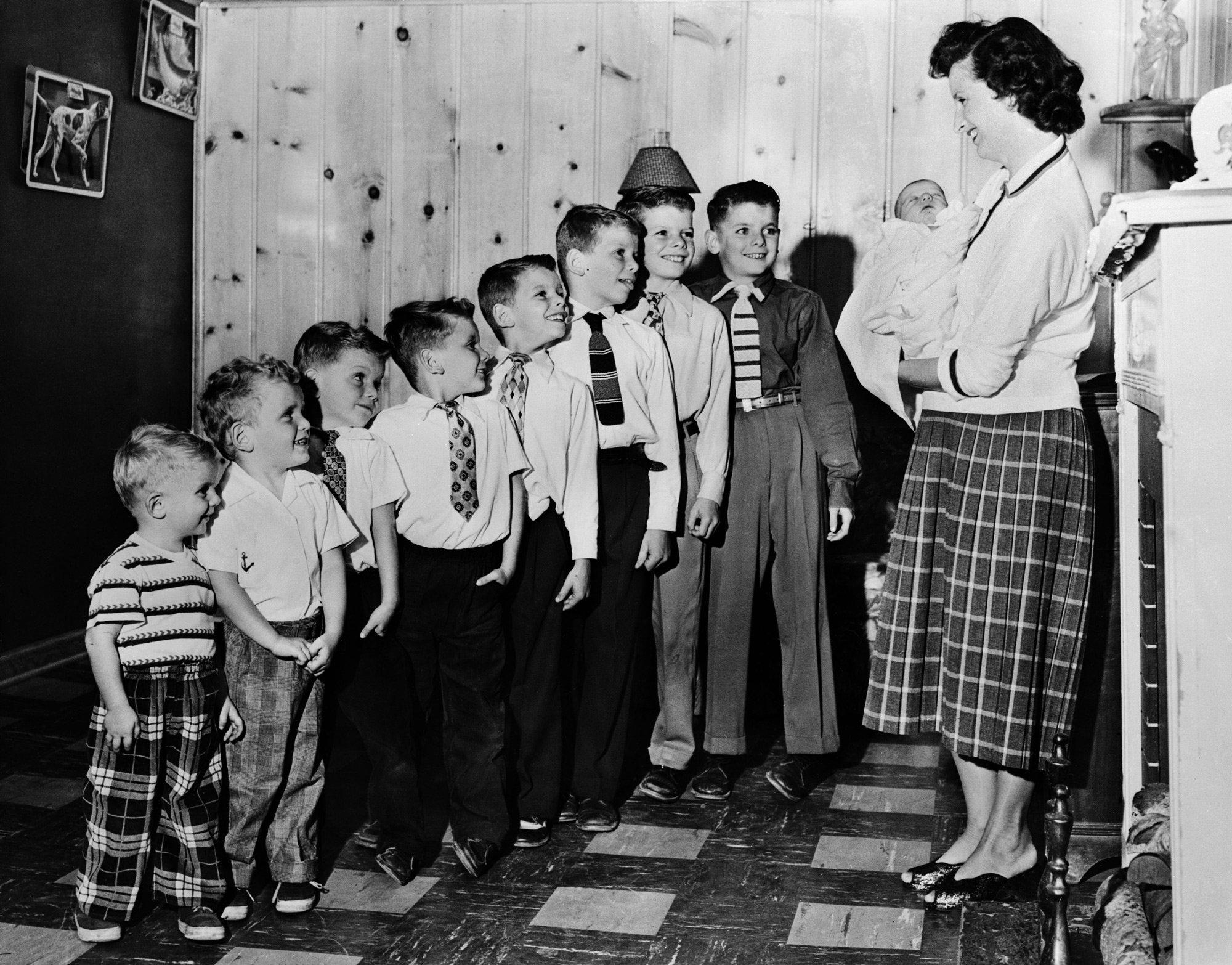
[PBS]
"Women really are wonderful. They make devoted mothers, charming wives, and delightful daughters. When they try to be athletes, however, they make misogynists out of sportswriters."
- Arthur Daley, New York Times Sports Columnist"
"But it was after the war, when the Soviet Union entered international sporting competitions, that the dogged, pervasive stereotypes of the Victorian era were finally forced out in the open... The commanding presence of these Soviet women, whose wins counted just as much as the male athletes, left the United States little choice but to build up its own field of women contenders if it wanted to emerge victorious in the medal tally. By the 1960 Rome Games, the breakout performance of Wilma Rudolph, as well as those of her Tennessee State University colleagues, sent a clear message home, just as the women’s liberation movement was just taking seed."
- Smithsonian Magazine